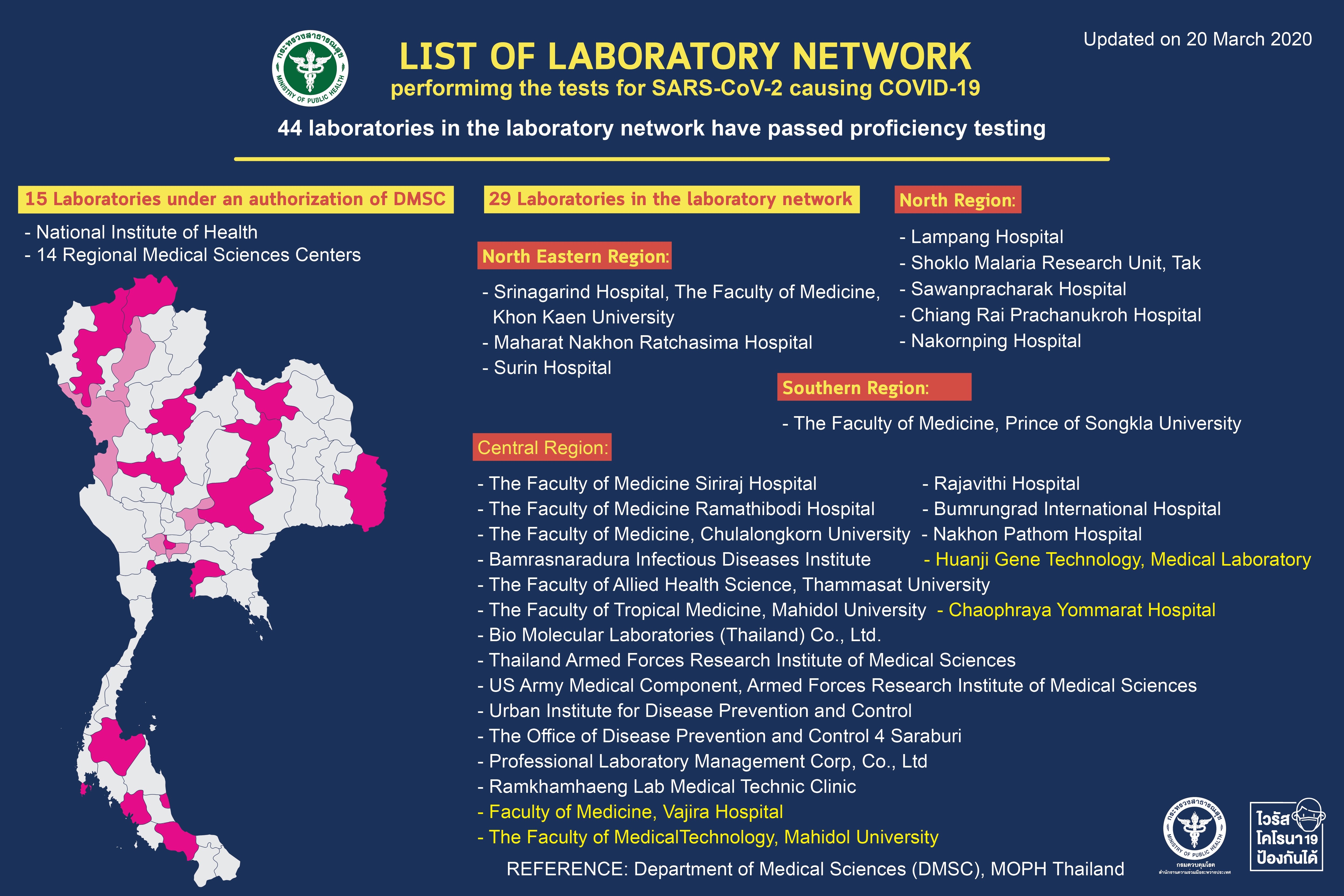Planning a trip to the vibrant and culturally rich country of Thailand? One of the first questions on your mind is likely, “Do You Need A Visa To Travel In Thailand?”. The answer depends on your nationality and the length of your stay. This guide provides a comprehensive overview of Thailand’s visa requirements, ensuring a smooth and hassle-free travel experience.
Navigating international travel can be tricky, and understanding visa regulations is crucial. Let’s delve into the details of Thai visa policies, potential changes, and resources to help you determine your specific requirements.
Thailand Visa Requirements: An Overview
Thailand’s visa policy is based on reciprocity and bilateral agreements with different countries. Generally, tourists from many countries can enter Thailand without a visa for a specific period.
- Visa Exemption: Many nationalities can enter Thailand for tourism purposes without a visa under the Visa Exemption rule. This typically allows a stay of up to 30 days.
- Visa on Arrival (VOA): Some nationalities are eligible for Visa on Arrival at designated immigration checkpoints, permitting a shorter stay, often up to 15 days.
- Tourist Visa: If you plan to stay longer than the visa-exempt period or are not eligible for VOA, you’ll need to apply for a tourist visa before your travel.
- Other Visa Types: For purposes other than tourism (such as work, study, or retirement), you’ll need to apply for the appropriate non-immigrant visa.
It’s essential to verify your specific situation with the Royal Thai Embassy or Consulate in your country well in advance of your trip, as policies can change.
Who Needs a Visa? Visa Exemption vs. Visa on Arrival
To determine whether you need a visa, consider your nationality and planned length of stay.
- Visa Exemption Countries: Citizens of many countries, including the United States, Canada, Australia, and most European countries, are usually granted a 30-day visa exemption for tourism. Always check the latest list, as it can change.
Alt text: List of hospitals in Thailand. Travelers from many countries can enter Thailand without a visa for a specific period
- Visa on Arrival (VOA): If your country is eligible for VOA, you can obtain a visa upon arrival at certain international airports and land borders. However, this option typically allows a shorter stay, often 15 days, and comes with a fee.
If you are not eligible for either visa exemption or VOA, or if you intend to stay longer than the permitted time, you must apply for a visa before your trip.
Applying for a Thailand Tourist Visa
If you need a tourist visa, here’s what you need to know:
- Application Process: You can apply for a tourist visa at the Royal Thai Embassy or Consulate in your country. The application usually requires a valid passport, passport photos, a completed application form, flight itinerary, proof of accommodation, and payment of the visa fee.
- Types of Tourist Visas: Tourist visas are generally single-entry or multiple-entry. A single-entry visa allows you to enter Thailand once, while a multiple-entry visa permits multiple entries within the visa’s validity.
- Visa Validity and Extension: Tourist visas are typically valid for 60 days and can often be extended once for an additional 30 days at an immigration office in Thailand. However, overstaying your visa is illegal and can result in fines, detention, and deportation.
Important Considerations and Helpful Tips
- Passport Validity: Ensure your passport is valid for at least six months beyond your intended stay in Thailand.
- Keep Updated: Visa regulations can change, so it’s crucial to check the latest information from the Royal Thai Embassy or Consulate in your country before traveling.
- Travel Insurance: It’s always recommended to have travel insurance that covers medical emergencies and unexpected events.
 U.S. Centers for Disease Control and Prevention for more information on Medical Tourism
U.S. Centers for Disease Control and Prevention for more information on Medical Tourism
Alt text: COVID-19 testing locations in Thailand approved by the Ministry of Public Health.
- Overstaying Penalties: Avoid overstaying your visa, as it can lead to severe penalties.
- COVID-19 Regulations: Be aware of any COVID-19 related entry requirements, such as vaccination certificates or testing, which may be in effect.
Staying Informed and Planning Ahead
Navigating visa requirements is a crucial aspect of travel planning. By understanding the different visa options, application processes, and staying updated on any changes, you can ensure a smooth and enjoyable trip to Thailand. Always verify your specific situation with the official sources to avoid any unexpected issues during your travels. Safe travels!